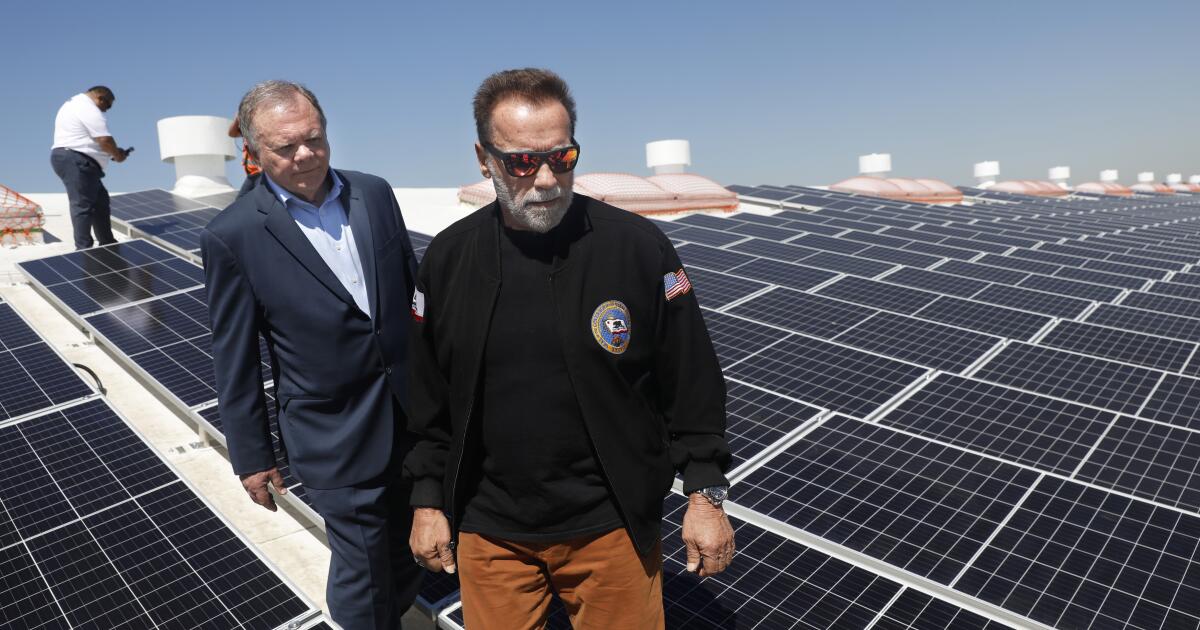Like govt or any other business, quasi govt utilities are never going to need less $. Employees need raises, retirement, etc. So changing how it gets to their nut is politics. Trending to a service charge is nothing new. Our local utilities have done so, such as all must have garbage service, and water bills having a base fee (came on after they went negative budget due to conservation).
We should be happy the kWh will be LESS by a significant amount. If you want to lower your service charge, there are legal ways to do so; which may or may not save you money elsewhere in your financial life.
What is bad, to me, is the neuter of Solar since there will be a monthly fee, and less kWh cost to recover the Solar cost. If one believes Solar should be self serving, this change is less bad. If one believes home Solar is to make money by export, that is gone, and many will say good riddance (since the home export has been insulated from distribution costs and the like).
Tough to sell Solar now, but many who buy will be shocked if they don’t break even befor end of life for their install. I cannot recommend Solar until the rate structure is online as the current docs make Solar a loser for many/most.
The proposal is bad because it doesn't address any climate actions/goals. This looks like a way to further bring up class warfare within energy pricing and doesn't help with conservation at all. If anything, folks will now use more energy since they are dropping per kWh fees by about 33% they say which isn't a very significant amount since when I saw some reports, they just tack on the monthly fee for everyone which results in near the same price for the consumer, rich or poor.
The pricing used in the example is a joke since we'll be at over $0.80/kWh here in SDG&E land this summer. Also, there is nothing stating that the kWH price can't also be significantly raised/MORE after they get this passed. Take the $/month fee now, drop the kWh charge temprarily, and start raising that in a year or two back to old levels. I can bet anything that the per kWh fee will continue to go up if this passes. I think consumers are fools if they think the IOU isn't going to keep raising rates even with this.
Even though I'm one of the poorer folk here so it won't hit me as hard, it's still bad policy to base it on income rates and at such a different price amount. You can be out of town for 6 months, use no energy and still are forced to pay a higher fee simply due to income levels. That's a total disconnect.
I still rather they go with flat monthlys charges depending on home service size. For low income, they can just get CARES plan or something else. The problem is still how IOUs are structured to make $$. They really need to be dissolved as for profit corporations and taken over since their whole profit plan relies on building more/higher priced infrastructure. Why they want to build far off solar farms and tons of transmission lines since that costs more $$.
You bring up water/garbage, but there is nothing like this with those rates at all and the rates paid are nowhere near as crazy as energy/power. If everyone paid a flat fee to be connected equally, I'd be all for that.
I also don't think many people get solar to export. It was always pennies (literally) to export so it's dumb to build for that purpose alone (like $0.04-$0.05, maybe slightly higher now).
The high income $$ monthly fee, if it passes sorta kills solar now I think since the capital cost is still very high and you're stuck with even longer ROIs. Best plan so far seem to be if you are close to retiring and keep income levels low (for the lucky folks).



